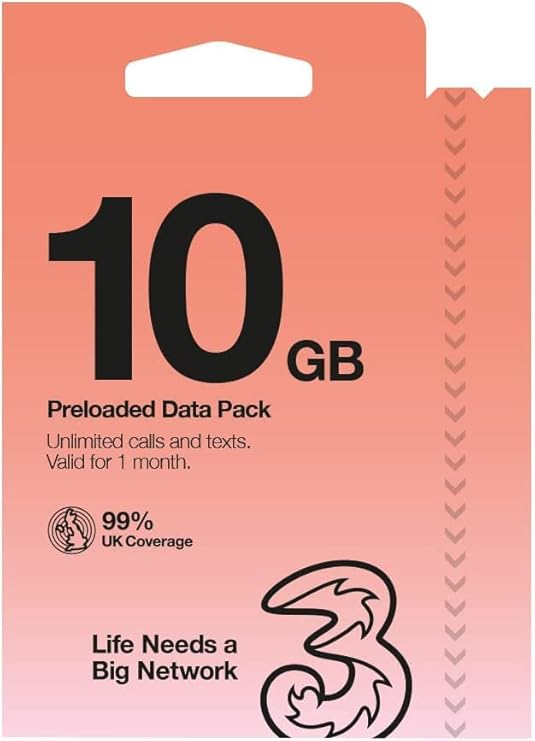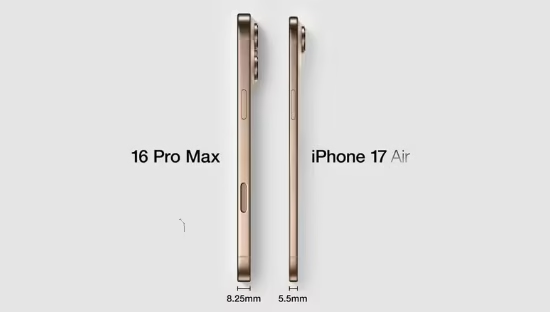
Tourism SMEs Lose Over £1.5 Billion in Potential Revenue Due to Poor Connectivity
As the UK continues to witness a post-pandemic travel revival, domestic tourism is thriving—with more people opting for local getaways, staycations, and seaside escapes. Yet despite this growing demand, small and medium-sized enterprises (SMEs) that underpin the UK’s tourism economy are failing to fully capitalise on the opportunity. The reason? Poor digital connectivity. VodafoneThree connectivity uk
A new report released by VodafoneThree, the recently merged mobile network operator, reveals that SMEs across the UK’s tourism sector missed out on more than £1.5 billion in potential revenue this summer alone due to unreliable or inadequate mobile and internet connectivity.
From B&Bs and restaurants to heritage attractions and seaside shops, many businesses—especially in regional and coastal areas—struggle to offer the kind of seamless, digitally enabled experiences that modern travellers expect. Whether it’s contactless payments, last-minute online bookings, fast guest Wi-Fi, or active social media marketing, reliable connectivity is now a basic operational necessity—not a luxury.
According to the research:
- 74% of tourism-related SMEs—including hotels, restaurants, retail outlets, and attractions—reported enjoying a financial boost from increased domestic holidaymakers.
- Yet, 19% said that poor connectivity prevented them from fully capitalising on this surge, resulting in massive revenue loss.
This report doesn’t just highlight a problem; it signals a clear opportunity. With VodafoneThree pledging £11 billion in infrastructure investment over the next decade, the potential to bridge this digital gap and supercharge regional tourism economies is within reach.
In the following sections, we’ll explore the full findings of the research, dig deeper into the regions most affected, and look at how this connectivity crisis could soon become one of the UK’s most valuable growth stories—if the investment follows through.
Sussex Coast: The Biggest Winner from Enhanced Connectivity
Worthing Leads the Way
Economic modelling shows that businesses in Worthing could unlock up to £200,000 annually with improved connectivity.
Other Benefiting Locations
Other Sussex coastal towns also stand to gain significantly:
- Brighton: approx. £171,000 in untapped annual summer revenue
- Eastbourne and Hastings: around £127,000 each
What Drives These Potential Gains?
These destinations benefit from a strong influx of seasonal tourists and a high concentration of SMEs eager to expand their digital offerings. Improved connectivity could help unlock:
- E‑commerce and click-and-collect services (cited by 32% of businesses surveyed)
- Enhanced customer Wi‑Fi (40%)
- AI-powered customer support tools (around one-third)
- Greater use of social media for bookings and engagement (42%)
VodafoneThree’s Roadmap for Connectivity Improvement
Merging to Strengthen Coverage
Following the merger of Vodafone UK and Three UK, VodafoneThree has begun a major expansion of its network infrastructure. The company plans to invest £11 billion over the next decade to significantly boost both 4G and 5G coverage across the UK.
Key steps include:
- Multi‑Operator Core Network (MOCN) technology allows devices to switch seamlessly between Vodafone and Three networks for optimal signal quality
- Eliminating 4G not‑spots across an additional 16,500 km of rural and coastal UK regions
- Accelerated 5G rollout, with 71% of UK customers expected to have access to top-tier 5G speeds by the end of year one
Investment and Job Creation
- Total investment: £11 billion over 10 years, including £1.3 billion in year one
- Jobs created: Estimated 9,000 jobs annually, peaking at 13,000 during peak infrastructure rollouts
- Broader benefits: Improved digital infrastructure will benefit not just tourism, but also retail, hospitality, education, and remote work across the UK
Analysis & Implications
- Economic uplift is tangible: The £1.5 billion in lost SME revenue isn’t hypothetical—it’s a measurable loss during high-demand periods
- Tourist hubs need priority: Places like Worthing and Brighton could see strong returns from improved digital networks
- Digital infrastructure enables innovation: Faster, more reliable internet allows for modern tools like online ordering, AI support, and social commerce
- This merger is enabling, not just consolidating: Vodafone–Three’s union is about expanding national capability—not shrinking operations
Conclusion
In summary, VodafoneThree’s 2025 research exposes a hidden yet substantial cost—£1.5 billion in missed revenue among UK tourism SMEs. At the same time, it highlights a significant growth opportunity for towns like Worthing, where digital upgrades could deliver direct economic benefits.
If VodafoneThree’s investment promises are fulfilled, we could see a new chapter in regional development—one where digital access fuels business growth, enhances visitor experiences, and strengthens the backbone of the UK’s tourism economy.











